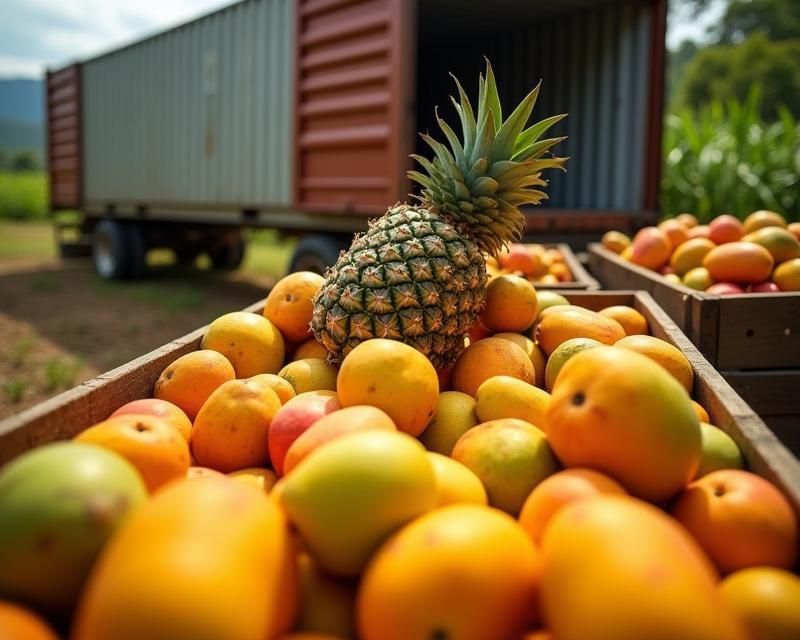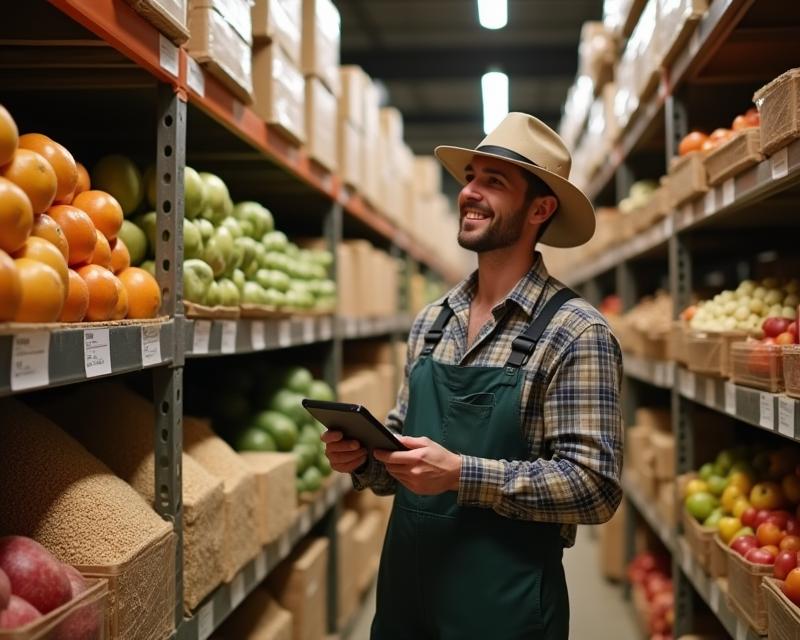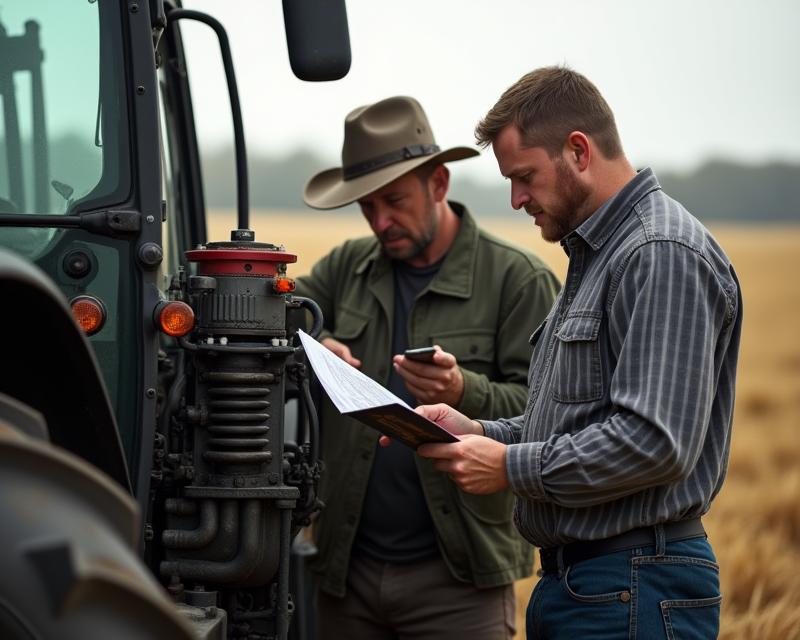Exporting Tropical Fruits: A Grower's Guide
Publish in Farm Business el 05/07/2025 02:27
Exporting Tropical Fruits: A Grower's Guide
Thinking about expanding your farm's reach by exporting those delicious tropical fruits? It's an exciting prospect! The global demand for exotic fruits is booming, offering fantastic opportunities for growers. But navigating international trade can seem daunting. This guide breaks down the key requirements, certifications, and logistics to help you successfully export your harvest.

Understanding the Opportunities
The market for tropical fruits like mangoes, pineapples, papayas, and passion fruit is constantly growing. Countries in Europe, North America, and Asia are eager for fresh, high-quality produce. Exporting can significantly boost your farm's profitability and create new, sustainable income streams. Consider researching specific markets – understanding consumer preferences and import regulations in your target countries is crucial. Websites like the USDA and your local agricultural extension office are excellent resources for market research.
Key Requirements & Certifications
Before you ship a single fruit, you'll need to meet several requirements. Food safety is paramount. This often means adhering to Global Good Agricultural Practices (GGAP) standards. You'll likely need certifications like Global GAP, Organic certification (if applicable), and possibly HACCP (Hazard Analysis and Critical Control Points). These certifications demonstrate your commitment to quality and safety, building trust with importers and consumers. Each destination country has its own specific regulations regarding pesticide residues, sizing, and packaging. Familiarize yourself with these requirements well in advance. Don't forget phytosanitary certificates, which verify your produce is free from pests and diseases.
Logistics: Getting Your Fruits to Market
Logistics are a critical piece of the export puzzle. You'll need to arrange for proper packaging to protect your fruits during transit. This includes using appropriate containers, cushioning materials, and ensuring proper ventilation. Temperature control is also vital for maintaining fruit quality. Consider using refrigerated containers or employing cold chain logistics. You'll need to work with a freight forwarder who specializes in agricultural exports. They can handle customs clearance, shipping documentation, and transportation to the port. Insurance is also essential to protect against potential losses during shipping. Finally, be prepared for documentation – you'll need detailed invoices, packing lists, and certificates of origin.
Resources to Help
Navigating export regulations can be complex. Here are some helpful resources:
- USDA (United States Department of Agriculture): Offers extensive information on export requirements and market access.
- Your Local Agricultural Extension Office: Provides regional expertise and guidance.
- Foreign Agricultural Service (FAS): Provides market intelligence and trade assistance.
- Export Associations: Connect with other exporters and learn from their experiences.
Exporting tropical fruits takes planning and effort, but the rewards can be substantial. By understanding the requirements and seeking expert advice, you can successfully tap into the global market and grow your farm's business.





